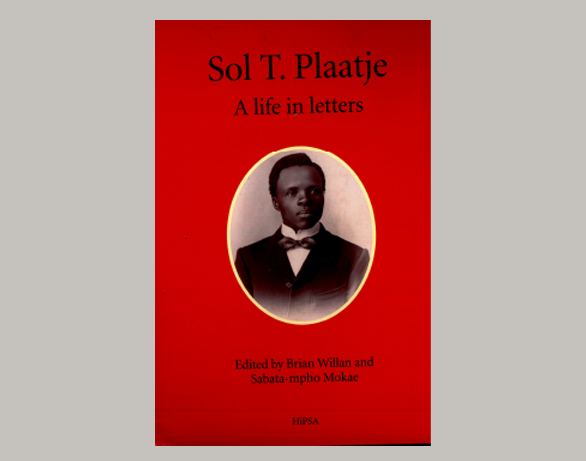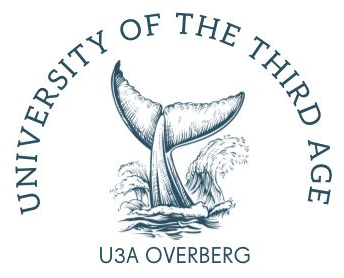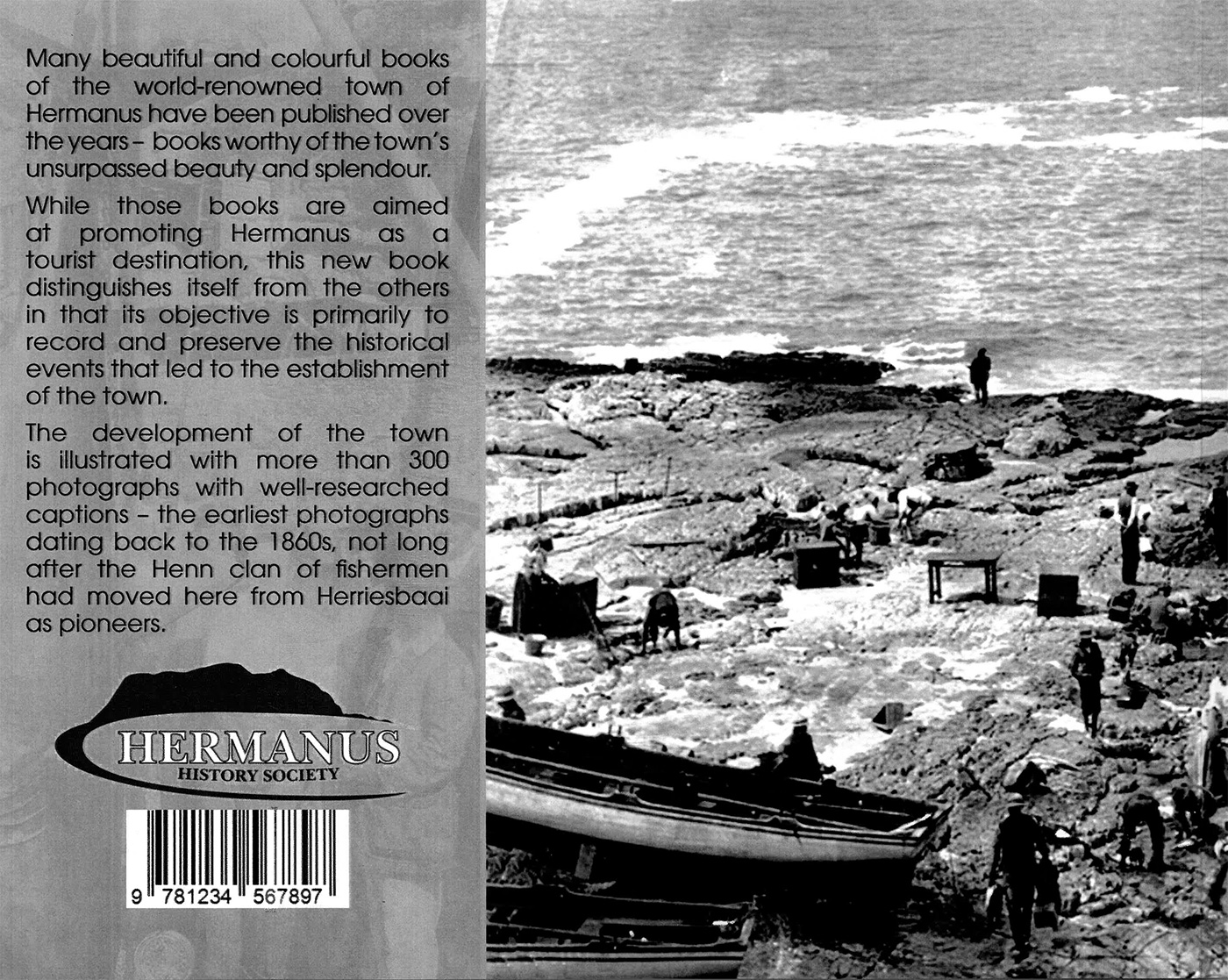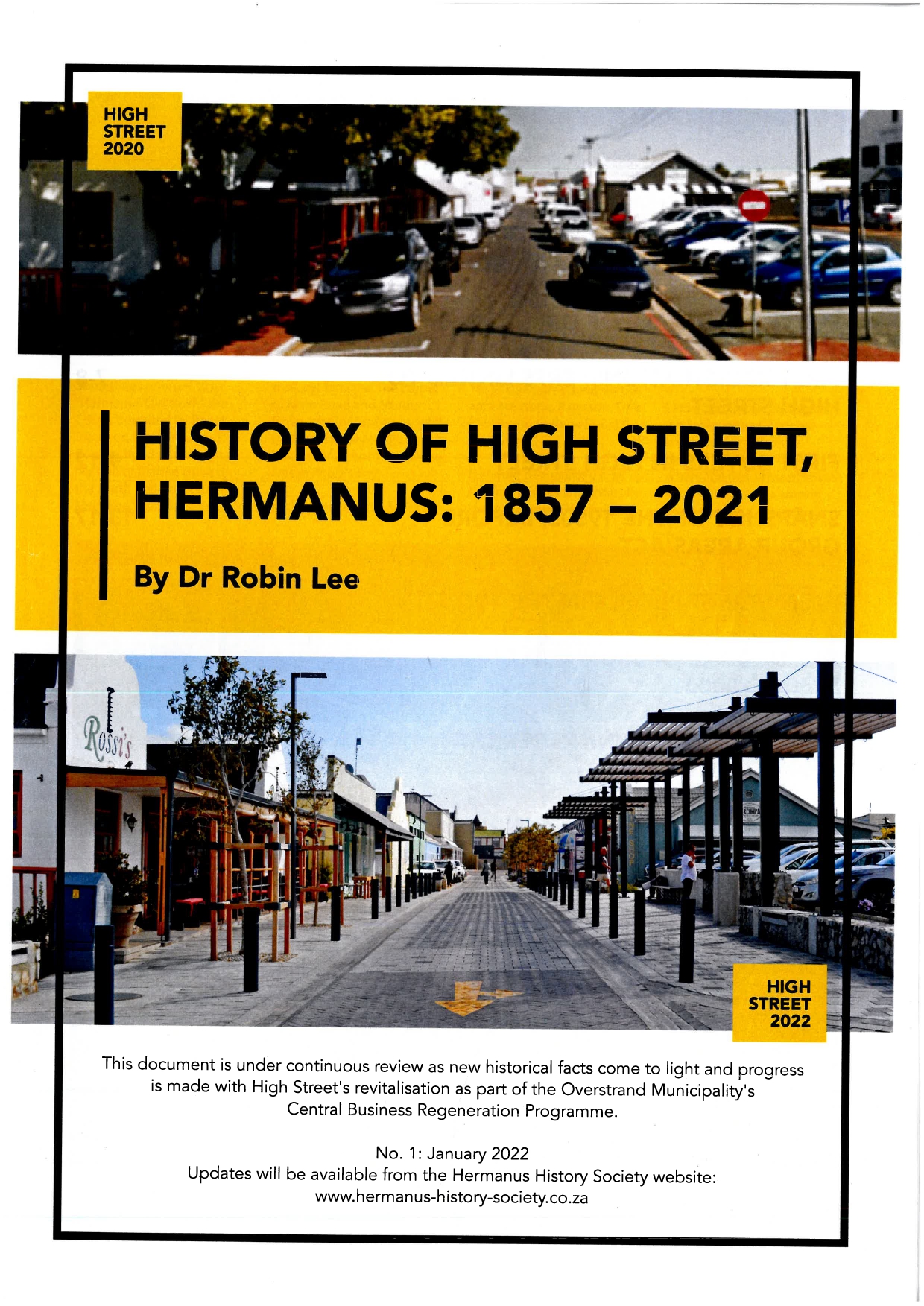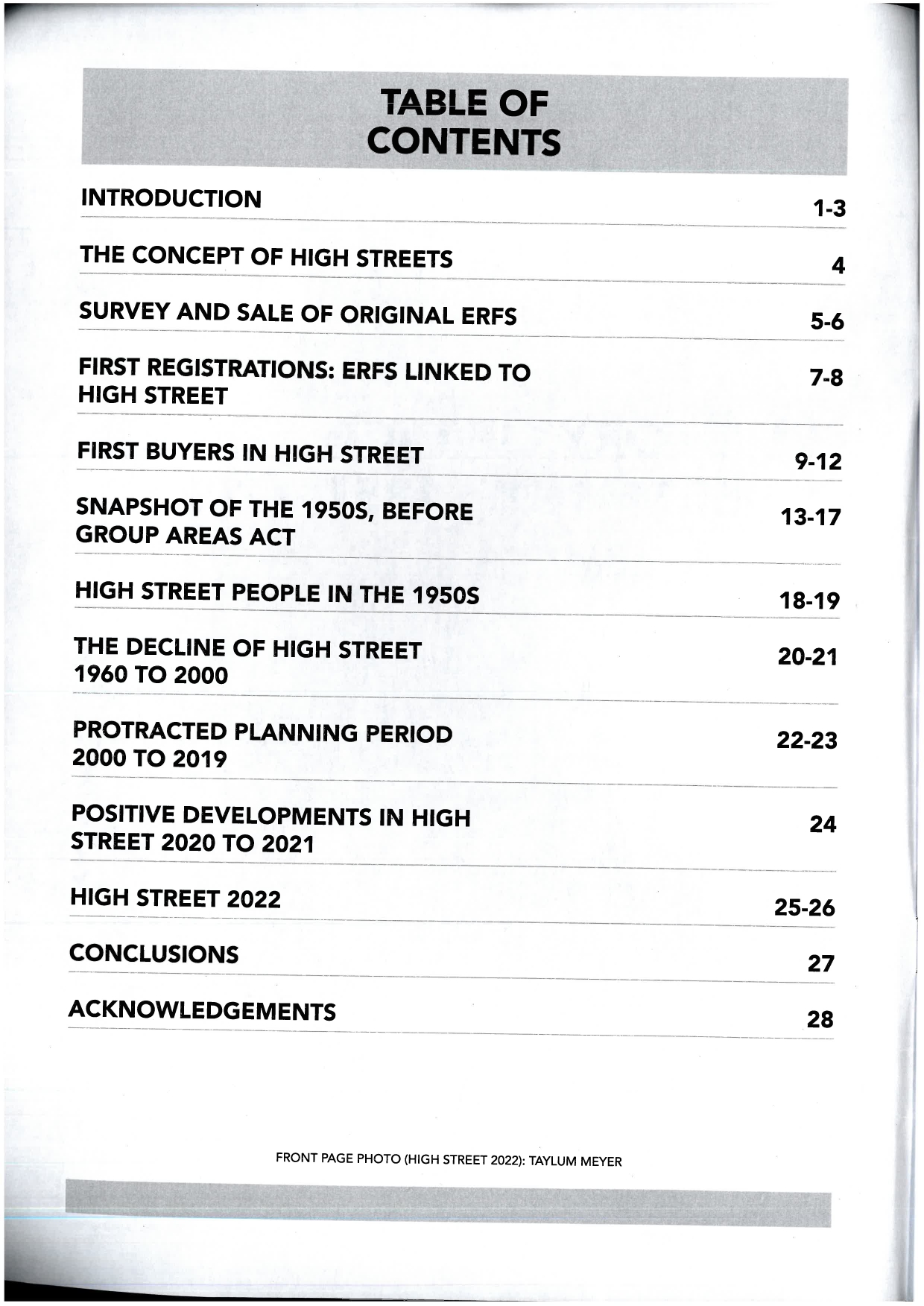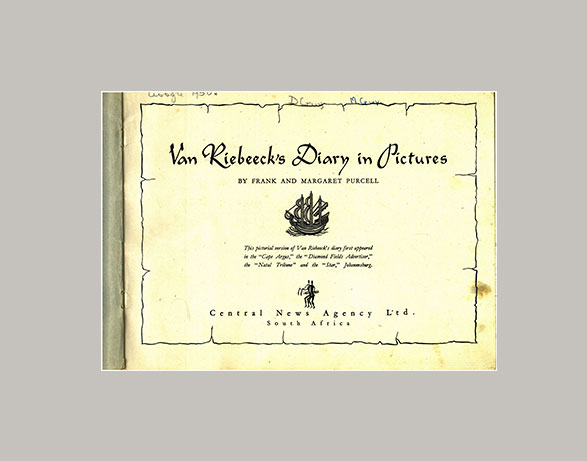Hermanus History Society Library.
A list of the books and other documents presently in the library can be made available and may be loaned by members
The Chairperson, Angela Heslop, has agreed to act as Librarian and store the collection at her home. For the remainder of this year she will be available to issue and receive material on Monday mornings, provided you contact her first. Her contact details are: landline: 028 312 1663; cell: 072 609 8655;
email: aheslop@hermanus.co.za
REVISED HISTORY BOOK LIST
The Cruel Harvest
by Michael WalkerAlthough this book gives an account of the anatomy and behavior of the Southern Right Whale it focuses more on one of man's darkest days when he displayed little reverence for life and underscored his deep human failing.
It also recalls the Southern RIght Whale's survival as they were plundered to near extinction. It is a story of survival which could almost rival the miracle of their creation.
The final chapters are devoted to the hope of years to come. The whale's future is linked to a complicated ocean ecosystem. If one species is destroyed a 'domino' effect will follow and ravage the oceans. Conservation of all cetaceans is therefore vital for our own future.
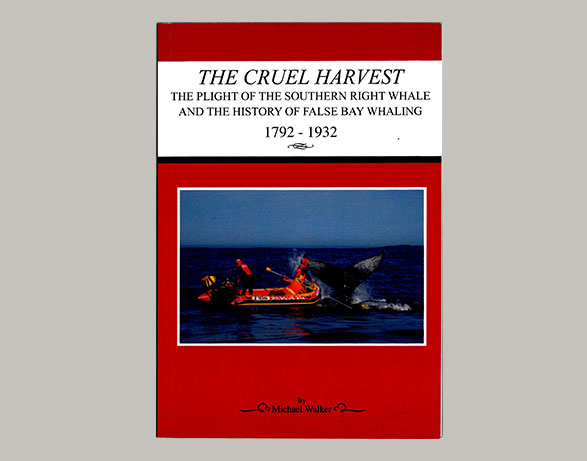
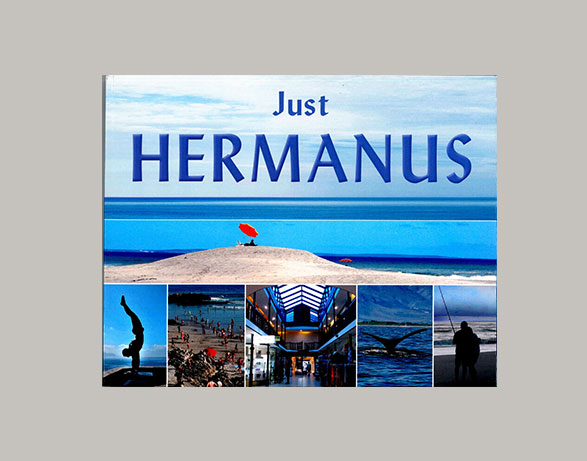
Just Hermanus
Text edited by Angela Heslop and John MorrisEvery town and city in the world changes with time, but Hermanus is one of the special few that retain their uniqueness despite progress and development - in this case due to the regular return of the whales, the dramatic shoreline and pristine beaches, the incomparable Heme-en-Aarde Valley and the life-enhancing, ozone-rich air, to name but a few.
This book is dedicated to all the people of Hermanus who have over many decades given so much of their time, money and life to help keep our town beautiful, clean, safe and unique.
South Africa's Yesterday
You are invited to take a trip back in time... take a ride in South Africa's first motor car, watch the growth of the gold and diamond mines, experience the tragedy of war and the joy of peace. See what made father and grandfather laugh and marvel at mother's outlandish clothes.
South Africa's Yesterday tells the story of our recent past in 344 fascinating pages and over 1000 illustrations, many in full colour.
Compiled by a skilled team of Reader's Digest writers and researchers, this unique volume provides a vivid and intimate account of what it was really like to live in the South Africa of yesteryear. South Africa's Yesterday captures all the courage, humour, pathos and inspiration in the lives of the men and women who brought this country from reluctant colonialism to proud nationhood.
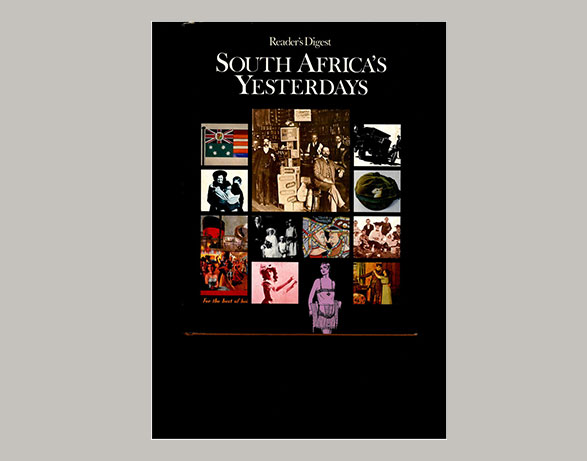
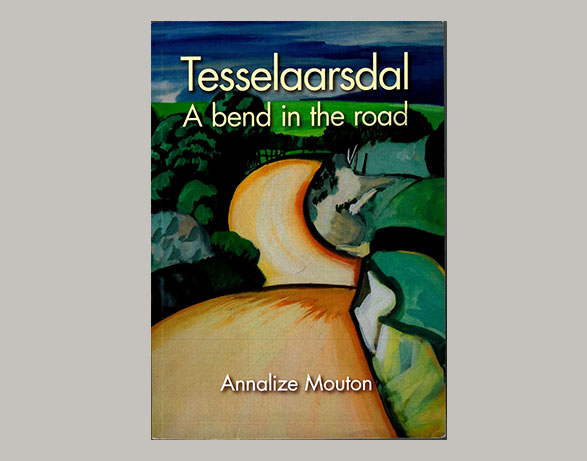
Tesselaarsdal
by Annalize MoutonTesselaarsdal. Is this the place that apartheid forgot? Officially classified as a "human settlement", it is not a town or a village, just a few dozen buildings scattered amongst trees against a mountain slope. It does not lie next to a main road, so strangers do not see the name in passing. In fact, one has to navigate sometimes tricky gravel roads amongst wheat and canola fields to get there. Even people in the surrounding Overberg know little or nothing about it. But Tesselaarsdal has a history going back almost two hundred years and is unlike any other community in South Africa. The bequest of the farm Hartebeestrivier by Jan and Aaltje Tesselaar to have some of their servants and slaves made them landowners and should have put them in a position to create better lives for themselves and their offspring. However, it would take almost 160 years for most of them to get title deeds to their land. Under apartheid, some of the descendants were considered coloured and others white. Although seemingly "forgotten" and allowed to retain their land and live together as a mixed community, most we subsistence farmers who had to work as labourers on adjoining farms to secure an income. Deep-seated, crippling wounds from the past remain. Many have sold their land. Young people have moved to the cities in search of work and outsiders are moving in. New challenges face this apparently tranquil village. What will it take for healing to happen and the spirit of the community to return?
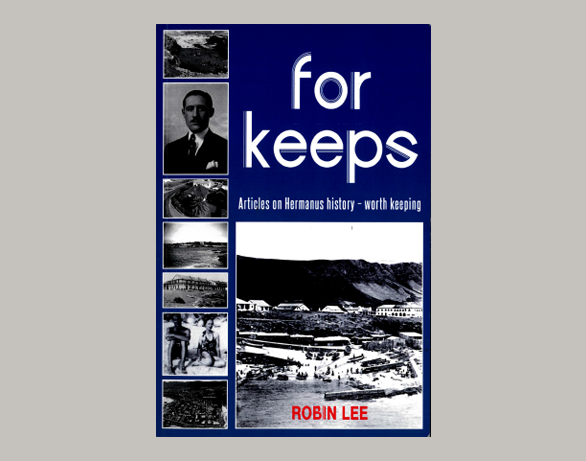
for keeps
Articles on Hermanus history - worth keeping by Robin Lee
For keeps is the result of a commitment the Hermanus History Society made to ensure that the town's history 'comes alive' for the public. Written between 2013 and 2019 by Dr Robin Lee for local and national media, these 30 articles feature high and low points in Hermanus's history over a period of 150 years: frequent and destructive fires; the sad story of an under-utilised New Harbour, the rise and fall of the hotel holiday culture and the depletion of Walker Bay's marine resources.
Meet characters that influenced the development of Hermanus: people like P J Luyt, Meester Paterson, T D Ravenscroft, Sir William Hoy and the Grants. Read about a past era of genteel living, contrasted with the hardships of a waning fish industry; about a South African holiday town during the Second World War and visits by nobles and influential personalities.
Releve the histories of many famous hotels, shopping emporiums, restaurants, cafes and natural attractions. Follow the changes brought about by tourism throughout the twentieth century up until today when Hermanus provides and unforgettable experience for the modern visitor.
Experience the gradual metamorphosis of a nineteenth-century fishing village, Hermanuspietersfontein, into a modern, prosperous town, Hermanus, despite having no specific industry or mineral resources to substain its growth.
Indoda Ebisithanda
("The Man Who Loved Us")
The Reverend James Laing among the amaXhosa (1831-1836)
The Reverend James Laing was one of the earliest missionaries of the Glasgow Missionary Society to arrive on the eastern frontier of South Africa in 1831. Like many other missionaries, he kept a daily journal until his death in 1872. This volume consists of the first six years of his journal, a tumultuous period on the Eastern Cape frontier. Laing was a private man who wrote considerably less about himself than about the amaXhosa whom he served, showing an insatiable interest in their language, genealogy, history, customs and societal structure. Together with his eventual mastery of isiXhosa, this gave him unparalleled insights into amaXhosa society. His close association with its leaders in the Amathole area allowed him to witness, during the years leading up to the Sixth Frontier War of Dispossession of 1834-1835, their growing suspicion, anger and hostility towards the colonial authorities’ incursions and their retaliatory raids in return. These insights provide novel perspectives on the growing crisis on the frontier as well as on the brutal conduct of the war itself, including Laing’s enforced move to the garrison town of Grahamstown throughout 1835.
Laing’s interest, gentleness, sincerity and empathy earned him the trust of amaXhosa leaders like Maqoma, Suthu, Sandile and the many amaXhosa he encountered. When he died in 1872, an obituary published in isiXhosa referred to Laing as “Indoda ebisithanda” (the man who loved us).
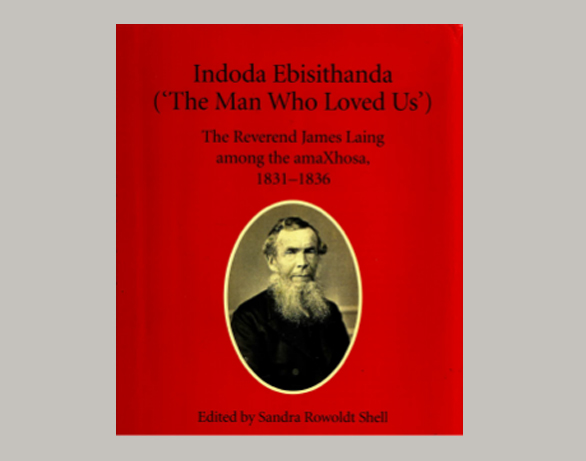
A life in letters
Sol T. PlaatjeHistorical Publications Southern Africa (HiPSA) started life in August 1918 as the Van Riebeeck Society for the Publication of Southern African Historical Documents, 'to print or reprint for distribution among the members, and for sale to the public, rare and valuable books, pamphlets and documents relating to the history of Southern Africa'.
For 102 years the Society has carried out this objective by publishing one volume annually. Most have been in English, but there are also some in Dutch, Afrikaans, seTswana and isiXhosa. There were fifty volumes in the first series and fifty in the second. Many are out of print and command high prices in the Africana rare book market.
HiPSA relies solely on the voluntary unpaid efforts of its contributing editors and its committee of scholars. It and the Van Riebeeck Society before it have ably guided by a series of distinguished South Africans since John X. Merriman, sometime Prime Minister of the Cape, became its founding chairman.
HiPSA is open to all. Those interested in Southern African history, particularly such rich sources as those published by the Society, constitute its membership. Members receive each new volume and are entitled to buy back numbers at special rates. Students receive a special discount in the first two years of their membership
